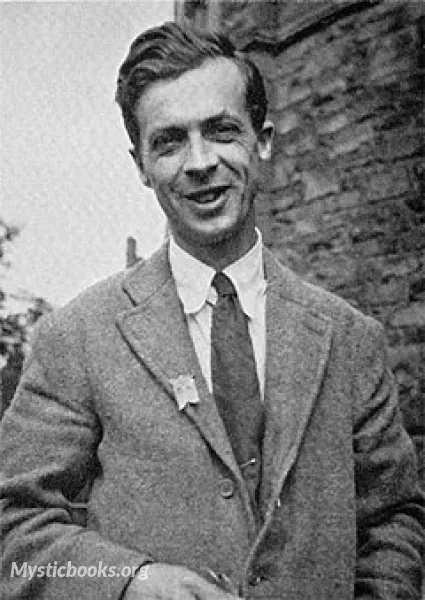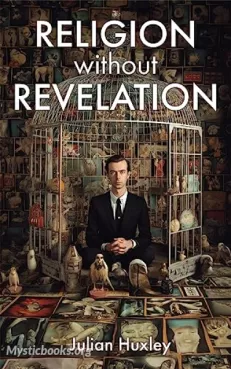
Timeline
Title
Country/Nationality
Julian S. Huxley
Julian S. Huxley (1887-1975) was a British evolutionary biologist, eugenicist, and internationalist. He was a proponent of natural selection, and a leading figure in the mid-twentieth century modern synthesis. He was secretary of the Zoological Society of London (1935–1942), the first Director of UNESCO, a founding member of the World Wildlife Fund, the president of the British Eugenics Society (1959-1962), and the first President of the British Humanist Association.
Early life and education
Huxley was born in London on June 22, 1887. He was the grandson of Thomas Henry Huxley, a famous biologist and advocate for Darwin's theory of evolution. Huxley was educated at Eton College and Oxford University, where he studied zoology. After graduating from Oxford, Huxley worked as a researcher at the Marine Biological Association in Plymouth.
Scientific career
Huxley's early research focused on bird embryology and genetics. In the 1920s, he became interested in the problem of evolution. He was one of the first scientists to recognize the importance of natural selection in driving evolution. He also helped to develop the modern synthesis of evolutionary theory, which combined Darwin's theory of natural selection with Mendel's laws of inheritance.
Eugenics
Huxley was a supporter of eugenics, the belief that human society can be improved by selective breeding. He believed that eugenics could be used to eliminate undesirable traits, such as mental retardation and criminality. However, Huxley's views on eugenics evolved over time. In the later years of his life, he became more critical of the use of eugenics to discriminate against certain groups of people.
Internationalism and conservation
Huxley was a strong advocate for internationalism and conservation. He believed that science could be used to solve global problems, such as poverty and hunger. He was also a strong supporter of environmental protection. He was one of the founders of the World Wildlife Fund, and he played a key role in the establishment of the UNESCO Man and the Biosphere Programme.
Notable works
Huxley wrote over 30 books and hundreds of articles on a wide range of scientific topics. Some of his most notable works include:
- Evolution: The Modern Synthesis (1942)
- Man Stands Alone (1941)
- Grey Eminence (1941)
- Evolution and Ethics (1947)
- UNESCO: Its Purpose and Its Philosophy (1946)
- The Humanist Frame (1961)
- Religion Without Revelation (1957)
- New Bottles for Old Wine (1957)
Philosophy
Huxley's philosophy was based on the belief that science could be used to solve human problems and to create a better world. He also believed that humans had a responsibility to care for the environment.
Death and legacy
Huxley died on February 14, 1975, at the age of 87. He is remembered as one of the most important evolutionary biologists of the 20th century. He was also a leading figure in the development of internationalism and conservation.
Conclusion
Julian S. Huxley was a brilliant scientist and a visionary thinker. He made significant contributions to our understanding of evolution and to the development of internationalism and conservation. His work continues to inspire scientists and policymakers today.
Books by Julian S. Huxley

Religion Without Revelation
In a rapidly changing world where science and reason reign supreme, is there still a place for religion? Julian S. Huxley's "Religion Without Revelation" boldly tackles this question, challenging conventional beliefs and paving the way for a thought...